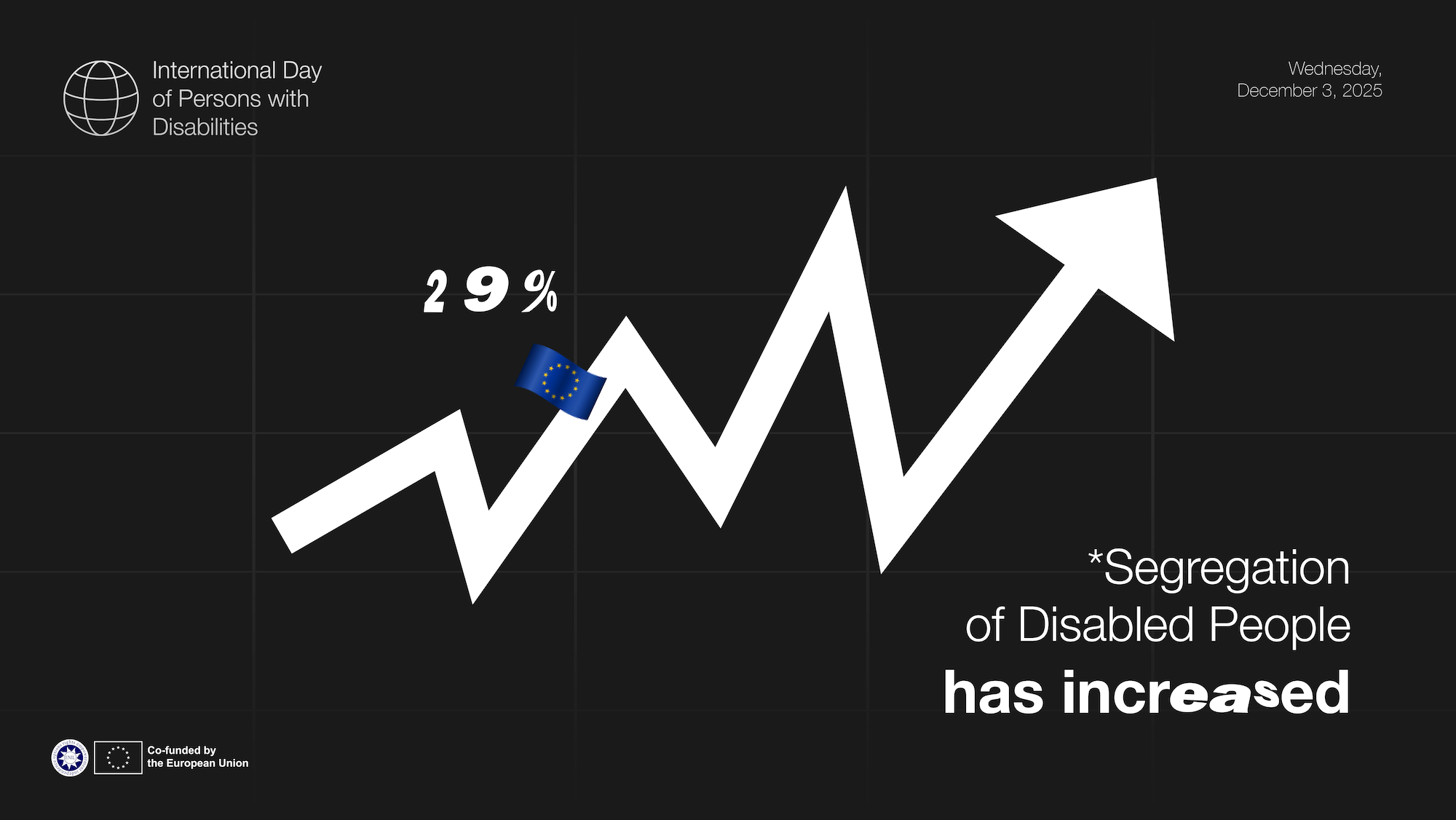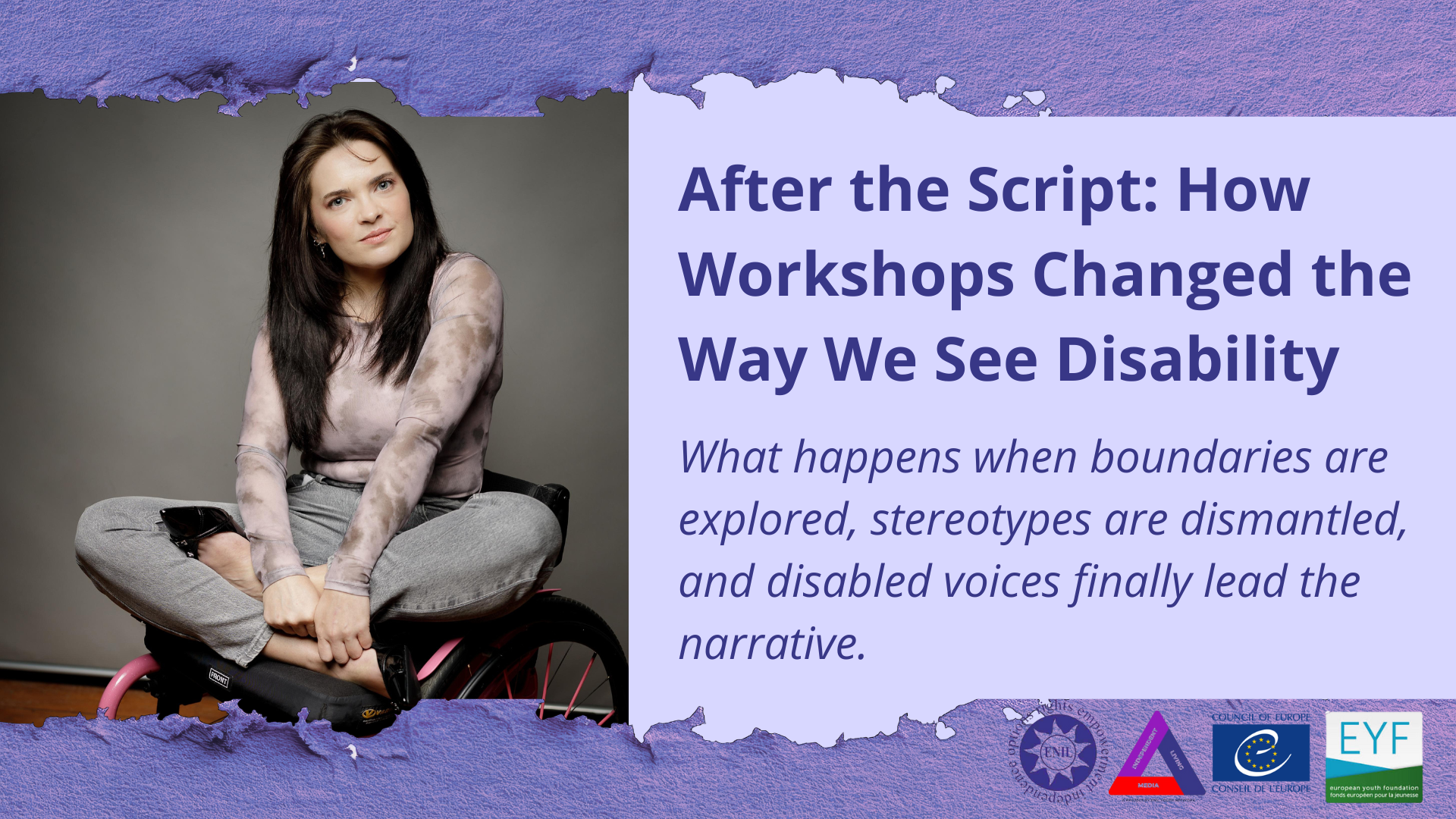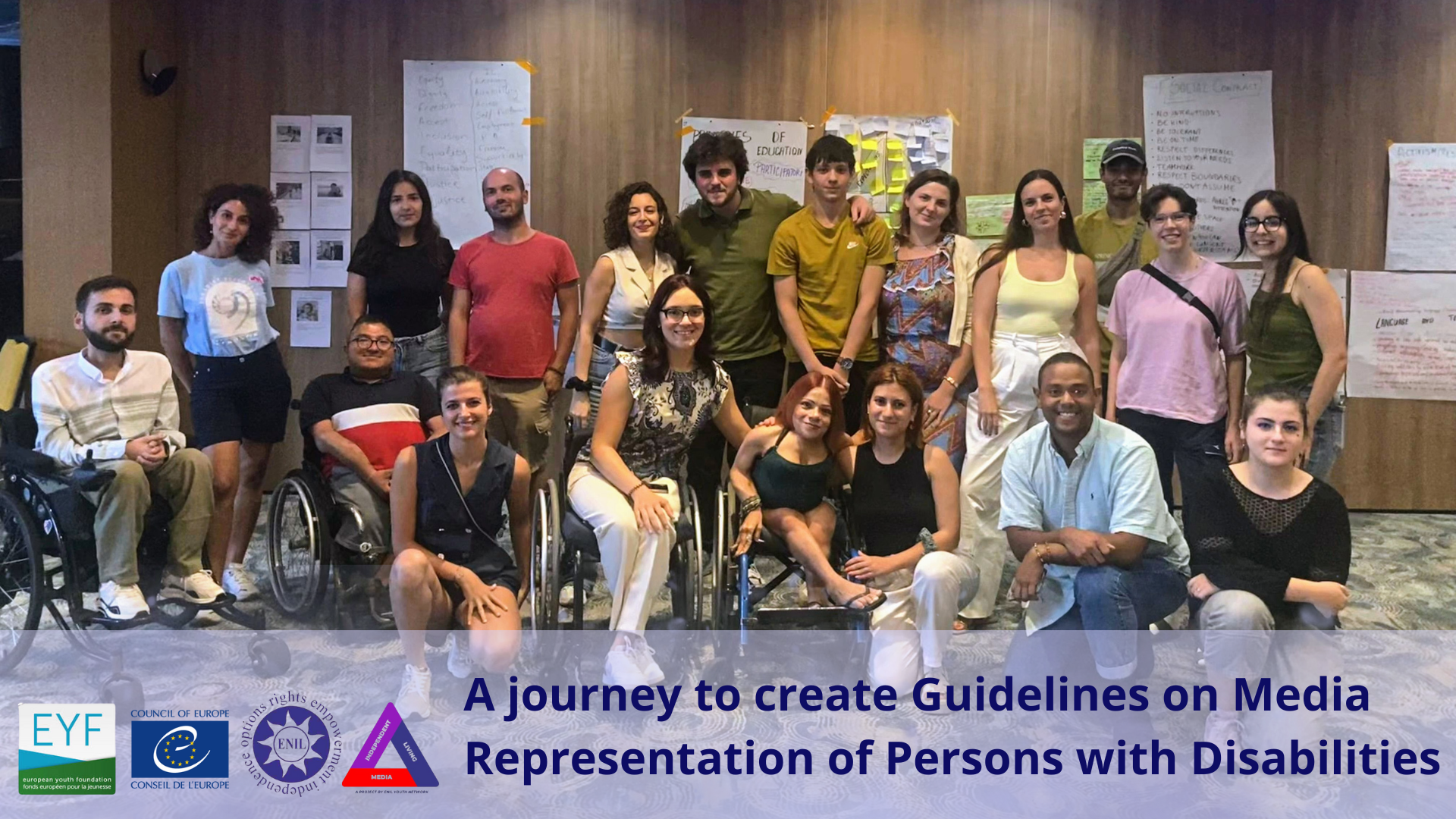I had the privilege of attending the European Law Academy (ERA) Annual conference on the rights of persons with disabilities from 17th – 19th November 2021. The main topic was the right to independent living, with presentations on disability human rights law, relating to a few different areas such as deinstitutionalisation (DI) and the right to vote.
On the first day, we heard from Inmaculada Placencia-Porrero – Senior Expert, Disability and Inclusion Unit, DG Employment, Social Affairs and Inclusion, European Commission, relating to the new European Disability Strategy 2021-2030 and how it would be used as a starting point to improve disability rights across the 27 member states. The question of EU funds being used to build institutions and how this directly went against the UN Convention on the Rights of Persons with Disabilities (CRPD) was raised.
We then went onto the next topic, which was the question of ENIL, Validity and CIL Sofia’s case in front of the General Court in Luxembourg. One of the arguments in the court case was that DPOs should have the right to represent disabled people who were unable to represent themselves for various reasons, when it came to submitting evidence to the European Court of Justice (ECJ), the European Court of Human Rights (ECtHR) and other bodies, relating to abuses in institutions. Two lawyers spoke about the legal complexities of the case and the rather conservative and disappointing ruling that the ECJ came to which rejected ENIL, CIL Sofia and Validity’s arguments.
Mrs. Placencia-Porrero from the Commission brought up the European Accessibility Act (EAA) and its article 29, which allows for individuals to be represented by third parties if conditions can be proven to be inaccessible.
During the second day, there was a focus on institutionalisation of disabled people, with Jonas Ruskus, Vice-Chair of the CRPD Committee having the introductory presentation. ENIL spoke about the impact of COVID-19, especially on disabled people in institutions. Findings of the COVID-19 Disability Rights Monitor were highlighted, as well as the current work on emergency DI, led by the CRPD Committee. The final presentation was on ‘good practices’ on using the European Structural and Investment Funds, though none could be presented. Instead, the speaker focused on barriers to using EU funds to support independent living, and the need for paradigm shift and the change in attitudes at all levels.
On the final day, we heard about the discrimination that takes place in some member states regarding disabled people’s right to vote in elections. The cases of Denmark, Spain and Slovakia were used as case studies, and how the ECHR unfortunately held up those governments’ determination to discriminate against disabled people when it came to voting. One by one, the excuses used to block disabled people, in particular those with learning impairments, from voting were demolished, as it was successfully demonstrated that arguments such as people with learning impairments dirty the air of democracy by being enabled to vote, were nonsense, as such a view was not up to standards with modern scientific understanding of how people behaved while casting votes. It was also brought up that it would be impossible to implement the practice of banning people from voting. How would this even be accomplished? You’d have to carry out intelligence tests, en masse, every time an election was held.
A great argument was made that we should welcome and encourage people with learning impairments to vote, as it creates greater diversity and diversity is healthy for a democratic society and democratic governing structures.
The question of alternative modes of voting such as postal and electronic voting was also raised, and the work that the European Parliament was currently doing to ensure accessible voting at a European level and at a Member State level.
On the whole, it was a great experience with the only small criticism being that the platform that was used was not fully accessible from a visual point of view. However, the organisers of the event were extremely helpful, so once I brought up access issues that I was having, they were happy to assist with it.
It was an informative and engaging conference and provided food for thought.
By Peadar O’Dea, ESC volunteer, ENIL


